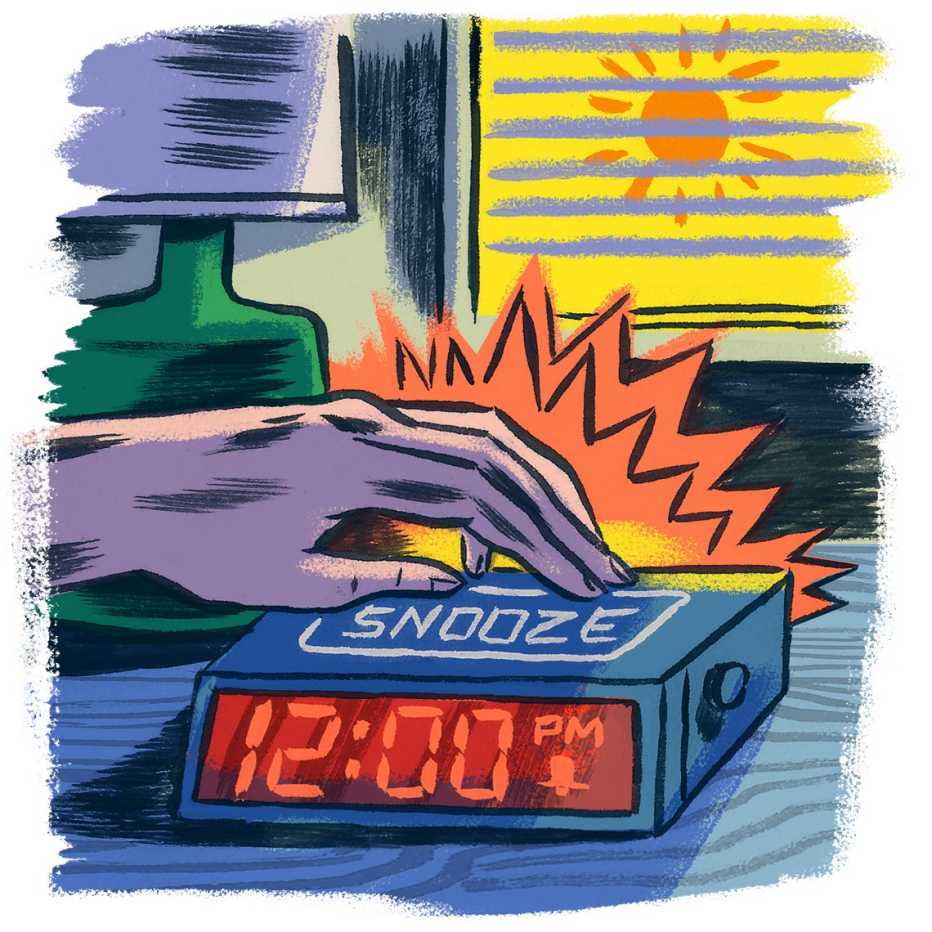AARP Hearing Center
Mistake 1: Talking too much
This is the most common error when offering support, says Keith Humphreys, professor of psychiatry and behavioral sciences at Stanford University. “People need to be listened to and feel heard, not to be told how they should feel or be given direct advice about how to solve their problems.”
Instead: Listen more than you speak.
You can do a great deal by simply letting people talk, Humphreys says. Nod your head, look them in the eye, put a hand on their shoulder. Repeat what they said back to them so they know you've heard them correctly. Sometimes they open up first, saying, “I'm finding this to be a hard time. I miss seeing friends and family, and it makes me feel sad and lonely.” This can give you permission to speak and to go into that same painful part of your own experience.
Mistake 2: Launching into “fix” mode
When someone does come to you because he or she is struggling, of course you want to help. But many people overact with “insight.” When we go into this mode, what we're unintentionally saying is, “Don't feel that way; do something to change it,” Kozlov says. Adds Humphreys: “I remember many occasions as a therapist when a woman would raise a problem that she was concerned about, and her husband, father or son would start offering suggestions for how to solve it, when all the woman wanted was to be listened to."


Added burden on caregivers
Sometimes the most important aspect of caregiving is the emotional side, says psychiatry professor Keith Humphreys. “There are so many conditions — pain, functional limitations, more serious diseases — that are made worse by poor mental health,” he adds. “Sometimes the best thing you can do is give someone assurance and attention that relieves anxiety and depression. And that will help them to manage the physical."
Instead: Ask permission to work together.
Usually, people already know what they should be doing to fix a problem. If someone is struggling with loneliness, making the recommendation to spend more time with friends, for example, isn't insightful and may just reinforce the problem. It's more helpful to ask permission to come up with more meaningful solutions, says Kozlov: “Do you want me to help you brainstorm about ways to improve the situation, or do you just need a shoulder to lean on right now?”
Bonnie J. Kin, director of the Applied Gerontology master's degree program at Brenau University in Gainesville, Georgia, says she will sometimes encourage behaviors that improve physical and emotional well-being, even if the person does not appear motivated to take action. The key is to offer two choices. People respond better when presented options rather than a single solution.
Mistake 3: Talking over the phone
When you ask a question over the phone and the person doesn't respond, you can't tell what's happening, Humphreys says. Are they struggling for words? Do they have a tear in their eye? Or are they just looking at the TV?





































































